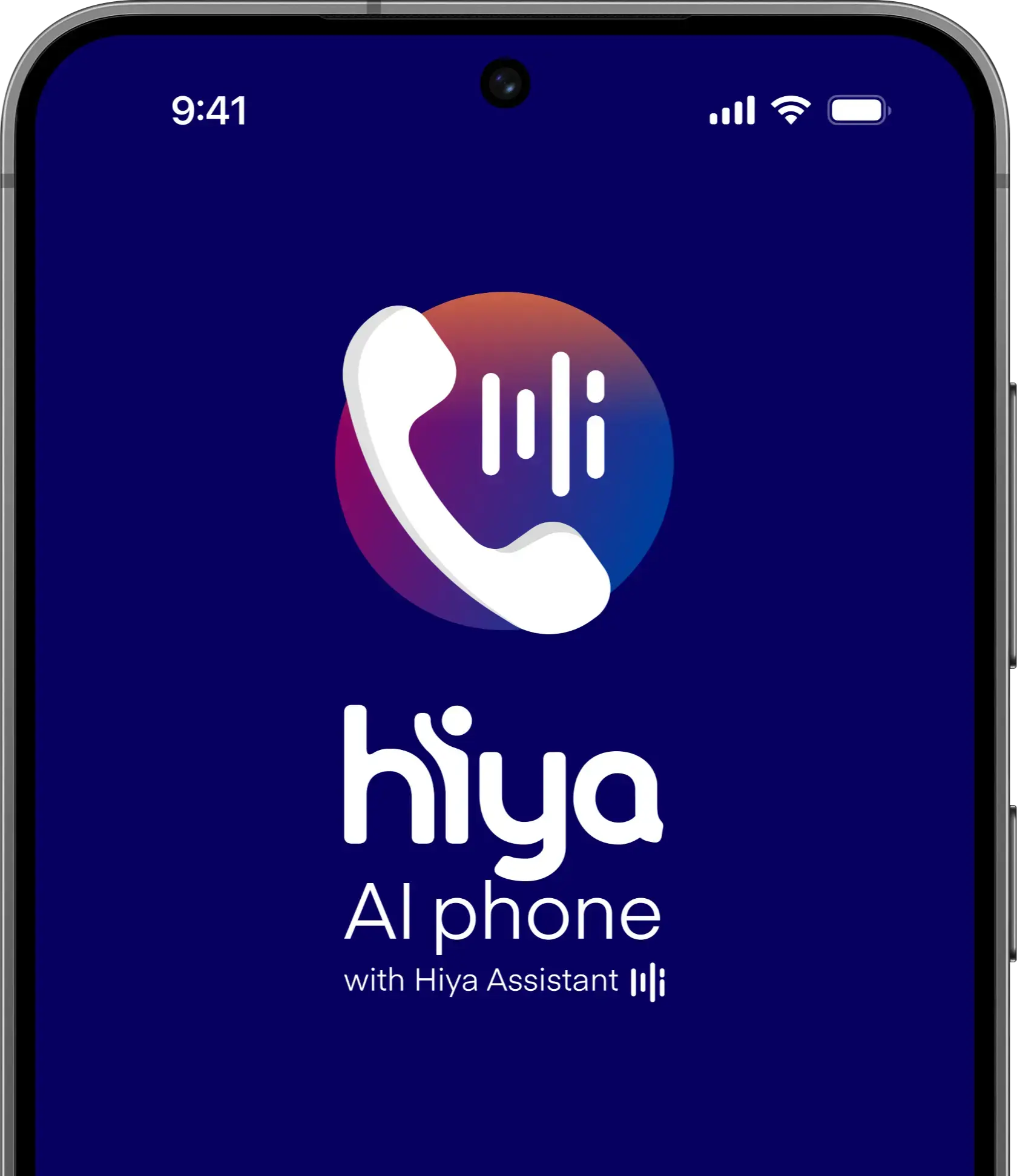
If you received a call from your utility company informing you that your electricity would be shut off within the hour due to lack of payment, it sure would get your attention, wouldn’t it?
That’s what scammers are counting on, and that’s why utility and other disconnect-notice phone scams are so popular. Hiya is seeing plenty of these phone scams, both robocalls and live agent calls. Utility scams have become so common that there’s even an organization called Utilities United Against Scams that educates consumers on how to recognize and avoid utility scams.
Examples of utility scam calls
Utility scams are a little different than most mass-market scam calls. Rather than blasting a robocall to thousands of numbers, utility scams are more targeted and often mention by name the customer’s specific utility company.
Below are some examples of utility scam robocalls, as captured in Hiya’s honeypot, a collection of hundreds of thousands of Hiya-owned phone numbers used exclusively for analyzing and stopping illegal robocalls.
“This is an automatic notification from PSE and G. There is a disconnection order of your service due to lack of payment. The disconnection will take effect in 45 minutes. To stop this interruption, press 1 now. Please avoid this interruption by speaking to the billing department. Press 1. Thank you for using PSE and G.”
“This is a call from Southern California Edison, your electric service provider, to inform you that electric services will be disconnected in the next 30 minutes. To avoid disconnection of your electric service, press 1 or wait for the next available representative.”
“This is a call from Duke Energy, your electric service provider, to inform you that electric services will be disconnected in the next 30 minutes. To avoid disconnection of your electric service, press 1 or wait for the next available representative.”
Many utility companies are aware that their company names are being used to penetrate scams and are beginning to educate their customers. For example, the utility company mentioned in the first robocall above (PSE&G, which serves New Jersey and Long Island) educates its customers on the tactics used frequently by scammers.
"Scammers try to blindside you with an urgent problem in the hopes that you panic and miss all the clues that they’re not who they appear to be,” said Dave Johnson, vice president of PSE&G Customer Care & Chief Customer Officer in a press release. “PSE&G wants customers to remember one simple thing: If someone calls threatening to shut off your power and demands immediate payment, hang up and call the number that’s printed on your bill to verify before acting.”
PSE&G is a member of Utilities United Against Scams, a consortium of more than 150 US and Canadian electric, water, and natural gas utilities. The group raises consumer awareness of common scams and educates consumers on new scam tactics used by utility impostors. The group says it has helped take out of operation more than 14,000 toll-free numbers used by scammers against utility customers.
This video, from Utilities United Against Scams, educates consumers on how to spot utility and other imposter scams. Click here to watch the video.
Other disconnect scams
Utility customers aren’t the only ones being scammed. Fraudsters have taken the utility scam playbook and replicated it in a wide variety of “disconnect” scams. Fraudsters call with urgent notices threatening to cut off phone service, internet access, cable TV and other services.
Below are a few examples of disconnect scams, as reported by Hiya users. Consumers using Hiya Protect via their phone carrier, device manufacturer and the Hiya mobile app, can tap a prompt on their device to report a scam call. They can also leave written comments about the call.
“They said we had done something fraudulent online and that our telephone and broadband would be canceled and disconnected. They wanted me to press a button and go through to someone. That usually means they want money or bank details, so I just put the phone down.”
“Informs me that my phone will be disconnected within 2 hours and I should press 9 to know the details. This message keeps on coming from various numbers.”
“Claimed my internet will be disconnected.”
“Water and gas disconnected scam likely!”
The most commonly reported disconnect scam relates to mobile phone service. These were reported from users in the US, Canada, UK and several other countries. The scam calls usually mentioned the name of the phone carrier — naming one of the leading carriers in that country — warning that service would be cut off within hours or minutes.
Some users speculated that their phone number must have been obtained in a data breach, but many others reported that the phone carrier mentioned by the caller was not the carrier they use for their phone service, indicating that the scammers are simply making random calls.
How to protect against utility and disconnect scams
Although utility and disconnect scams continue to be a threat, Hiya offers several solutions to help fight back against these and other phone scams.
Scammers are constantly changing their tactics, so carriers must implement a solution that can adapt to ever-changing tactics. Hiya Protect, Hiya’s voice security solution for mobile network carriers, uses Adaptive AI, the industry’s only self-learning call protection system that adjusts to the latest fraud and nuisance calls.
The ever-increasing volume of fraudulent calls causes consumers to be wary of any unidentified call. Hiya Connect solves that problem for enterprises. Its branded caller ID enables businesses to display their company name, logo, and reason for the call on the recipient’s mobile phone.
Individuals can check with their phone carrier to see if it offers call protection at the network level. If not, individuals can protect themselves by downloading the Hiya app.









